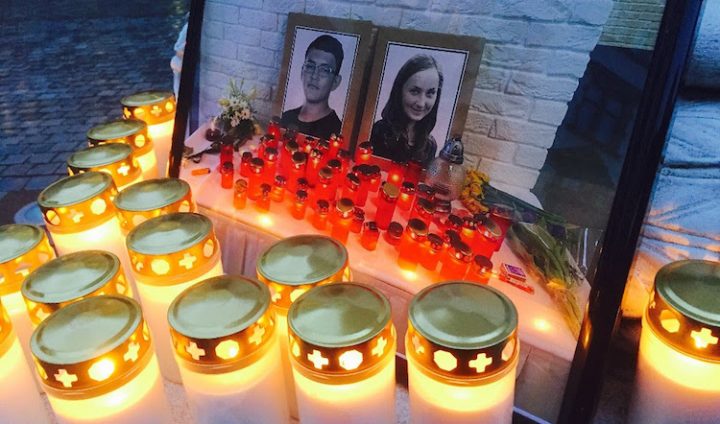By ECPMF
BERLIN (IDN) – The European Centre for Press and Media Freedom (ECPMF) in Leipzig, Germany, is warning against the dismantlement of freedom rights and the increasing threat against journalists in the EU.
“Demagogues and autocrats are fighting the free press because they cannot stand democratic control. Under a corrupt administration the work of an investigative journalist is life-threatening,” says Lutz Kinkel, ECPMF’s managing director. “We have to defend ourselves with all our might to protect journalists. Otherwise the EU will lose its democratic substance.”
The ECPMF was founded in 2015 to publicise violations of the European Charter on Freedom of the Press.
Cause for concern is the 2018 World Press Freedom Index published by Reporters without Borders. It says: “in no other region in the world the situation of press freedom has deteriorated as much as in Europe.” EU Member States as well as candidate countries, which are being monitored by the ECPMF, do have a part in this. Particularly alarming are the developments in Malta, Slovakia, Hungary and Poland.
The Republic of Malta, where investigative journalist Daphne Caruana Galizia was murdered on October 16, 2017 by a car bomb, dropped by 18 points to position 65 in the Index. Slovakia, where data journalist Ján Kuciak and his fiancee were shot dead in February, dropped by ten and is now placed at 27.
“It was to be expected that Malta and Slovakia would drop in the Index because of the death of two journalists. What is even worse is that journalists in both countries do not trust the prosecution anymore, neither the police nor the judiciary, which makes any investigation results less credible,” says Flutura Kusari, ECPMF’s legal advisor. She travelled to both countries to research the murders.
Serbia dropped 10 places in the RoG ranking to position 76. In January 2018, ECPMF’s partner organisation South East Europe Media Organisation (Seemo) travelled to Serbia with a delegation to investigate the situation of media freedom on-site: “Soft censorship and self-censorship are a big problem of the media situation in Serbia today,” says Seemo’s secretary general Oliver Vujović.
“We are missing solidarity and joint actions of journalists. Many media are just using ‘copy paste’ as daily practice. Some media outlets do not even respect the basic professional and ethical standards. Those in power can be happy with this situation, as it helps them to stay in power.”
As the situation is getting worse in the EU there are first counter-reactions, and the ECPMF welcomes them. The Council of Europe has appointed Pieter Omtzigt as special rapporteur on the Malta case. The European Commission is proposing a new law to strengthen whistleblower protection across the EU. European journalists have realised a cross-border collaboration with the Daphne Project to continue Daphne Caruana Galizia’s investigations. In Slovakia, civil protest forced the Prime Minister and the Interior Minister to resign.
The ECPMF is supported by the European Union, by the Land of Saxony, the city of Leipzig, and the Foundation of the Sparkasse Leipzig. Besides public outreach its activities are the Journalists-in-Residence programme, which enables journalists under threat to live and work in Leipzig for half a year. In 2018, the ECPMF with its partner, the International Press Institute in Vienna (IPI) for the first time launched grants for cross-border investigate journalism in the EU. [IDN-InDepthNews – 25 April 2018]
Image credit: ECPMF
IDN is flagship agency of the International Press Syndicate.
facebook.com/IDN.GoingDeeper – twitter.com/InDepthNews










